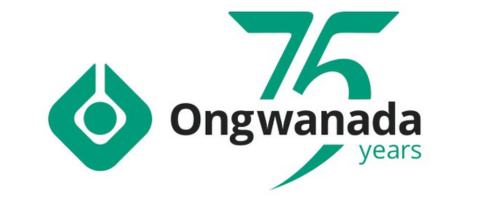Ongwanada serves as lead agency for the Community Networks of Specialized Care and manages the Transition-Age Youth (TAY) program in the region for youth transitioning from children’s services to adult developmental services. One of the significant challenges in providing these services in the City of Kingston is the lack of affordable and safe housing for our transition-age youth.
Kingston has one of the lowest vacancy rates in Canada which has led to high market rates for rental properties and increased demand for affordable housing. The majority of the individuals that we support rely on ODSP and cannot afford market rents. As a result, many of these individuals often find themselves homeless (relying on shelters or couch surfing with friends or family), living in substandard housing conditions or situations without adequate support.
In addition to the challenge of locating housing, it can be difficult for many of the transition age youth with developmental disabilities to maintain their housing as they lack the necessary skills to do so upon transition to adult developmental services. Youth leaving child welfare or who have complex needs are at risk as a result of their unpreparedness and need for additional support not available through traditional mainstream support.
Experience has shown that youth who transition to independent living without necessary supports and life skills are at increased risk for homelessness, substance abuse and involvement with the criminal justice system.
With the recent acquisition of 3 Cassidy Street from St. Lawrence Youth Association, Ongwanada saw opportunity to develop a new transitional model to better prepare youth for independent living. The Cassidy Street project is one of four affordable housing projects to be approved by the City of Kingston and Canada Mortgage and Housing Corporation for funding through the Rapid Housing Initiative (RHI) which is co-funded by the provincial and federal governments.
Cassidy Street will include four transitional housing units (up to two years with exceptions based on individual needs) for youth who aspire to independent living but whose level of complexity indicates a need for additional support to ensure their future success. Support includes 24-hour staffing to provide supervision and education of life skills such as personal hygiene, money management, meal planning and preparation, vocational skills and accessing community supports and services.
In addition, Cassidy Street will house two short-term emergency units (3 months) to support individuals with developmental disabilities at risk of homelessness or who have had placement break-down etc. Another accessible unit will be available for those requiring it.
Occupancy for the new Cassidy Street housing is anticipated for October, 2022.
The City of Kingston will be providing an Affordable Housing Update on Wednesday, find out more here.


